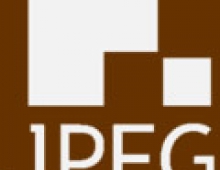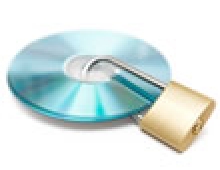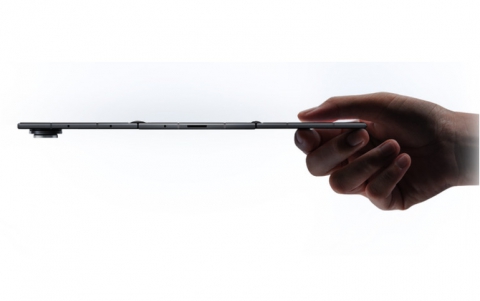
Microsoft's DRM Cracked Again
Microsoft is once again on the defensive against hackers after the launch of a new program that gives average PC users tools to unlock copy-protected digital music and movies.
The latest version of the FairUse4M program, which can crack Microsoft's digital rights management system for Windows Media audio and video files, was published online late Friday. In the past year, Microsoft plugged holes exploited by two earlier versions of the program and filed a federal lawsuit against its anonymous authors. Microsoft dropped the lawsuit after failing to identify them.
The third version of FairUse4M has a simple drag-and-drop interface. PC users can turn the protected music files they bought online either a la carte or as part of a subscription service like Napster and turn them into DRM-free tunes that can be copied and shared at will, or turned into MP3 files that can play on any type of digital music player.
"We knew at the start that no digital rights management technology is going to be impervious to circumvention," said Jonathan Usher, a director in Microsoft's consumer media technology group, in a phone interview with AP.
Usher said Microsoft employs a full-time team to combat such breaches, and that the Windows Media DRM system was designed to be quickly modified to shut down this type of attack.
He did not say how many songs have been stripped of copy protection, or how long it will take for Microsoft to combat the hack again. But the music industry is aware of the nature of Microsoft's technology, he said, and added that he does not expect record labels to lose patience with the process.
The third version of FairUse4M has a simple drag-and-drop interface. PC users can turn the protected music files they bought online either a la carte or as part of a subscription service like Napster and turn them into DRM-free tunes that can be copied and shared at will, or turned into MP3 files that can play on any type of digital music player.
"We knew at the start that no digital rights management technology is going to be impervious to circumvention," said Jonathan Usher, a director in Microsoft's consumer media technology group, in a phone interview with AP.
Usher said Microsoft employs a full-time team to combat such breaches, and that the Windows Media DRM system was designed to be quickly modified to shut down this type of attack.
He did not say how many songs have been stripped of copy protection, or how long it will take for Microsoft to combat the hack again. But the music industry is aware of the nature of Microsoft's technology, he said, and added that he does not expect record labels to lose patience with the process.




















